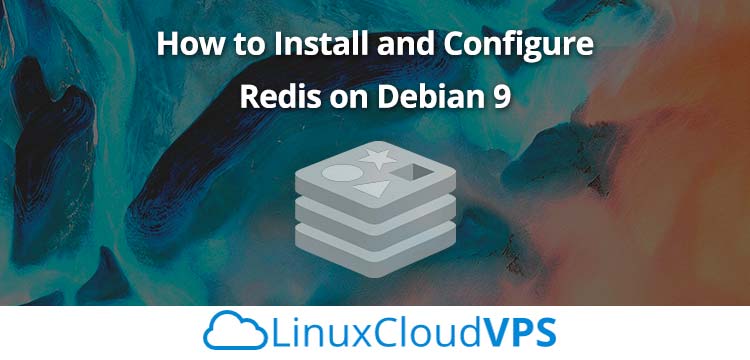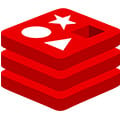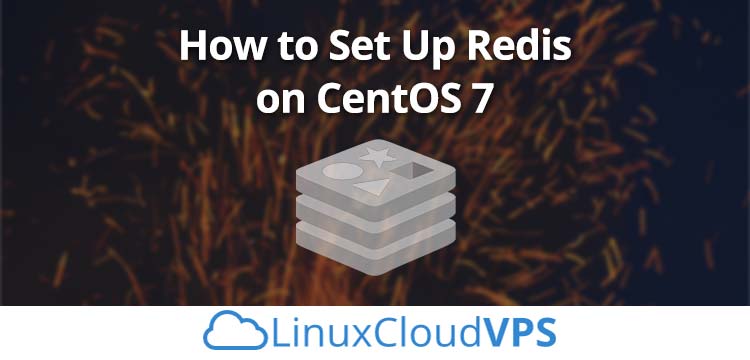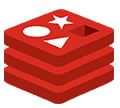Redis (or remote dictionary server) is an open-source in-memory data store, NoSQL database that can be used primarily as an application cache or database.
Redis stores its data in memory so that it can deliver unparalleled speed, reliability, and performance. Because of its ability to deliver super-fast response time, Redis is commonly used on many websites like social media and gaming websites.
Since it’s a NoSQL database, it does not have all features of a traditional database like MySQL or MongoDB. This tutorial will show you how to install Redis on AlmaLinux 9.




 Redis is an in-memory data structure store primarily used as a database and cache. Redis supports different kinds of abstract data structures such as strings, lists, maps, sets, sorted sets, hyper logs, bitmaps, and spatial indexes. The Redis package that is included in the default CentOS repositories is pretty outdated, so installing from the source code will ensure that we have the latest version of Redis installed on our system. Let’s begin with the installation.
Redis is an in-memory data structure store primarily used as a database and cache. Redis supports different kinds of abstract data structures such as strings, lists, maps, sets, sorted sets, hyper logs, bitmaps, and spatial indexes. The Redis package that is included in the default CentOS repositories is pretty outdated, so installing from the source code will ensure that we have the latest version of Redis installed on our system. Let’s begin with the installation.
